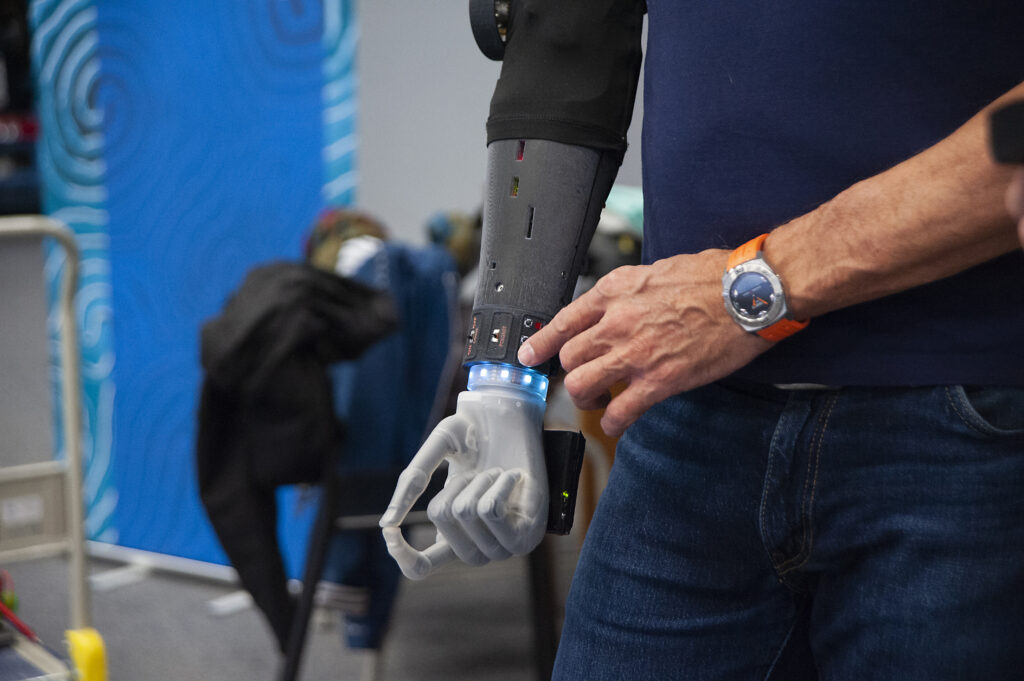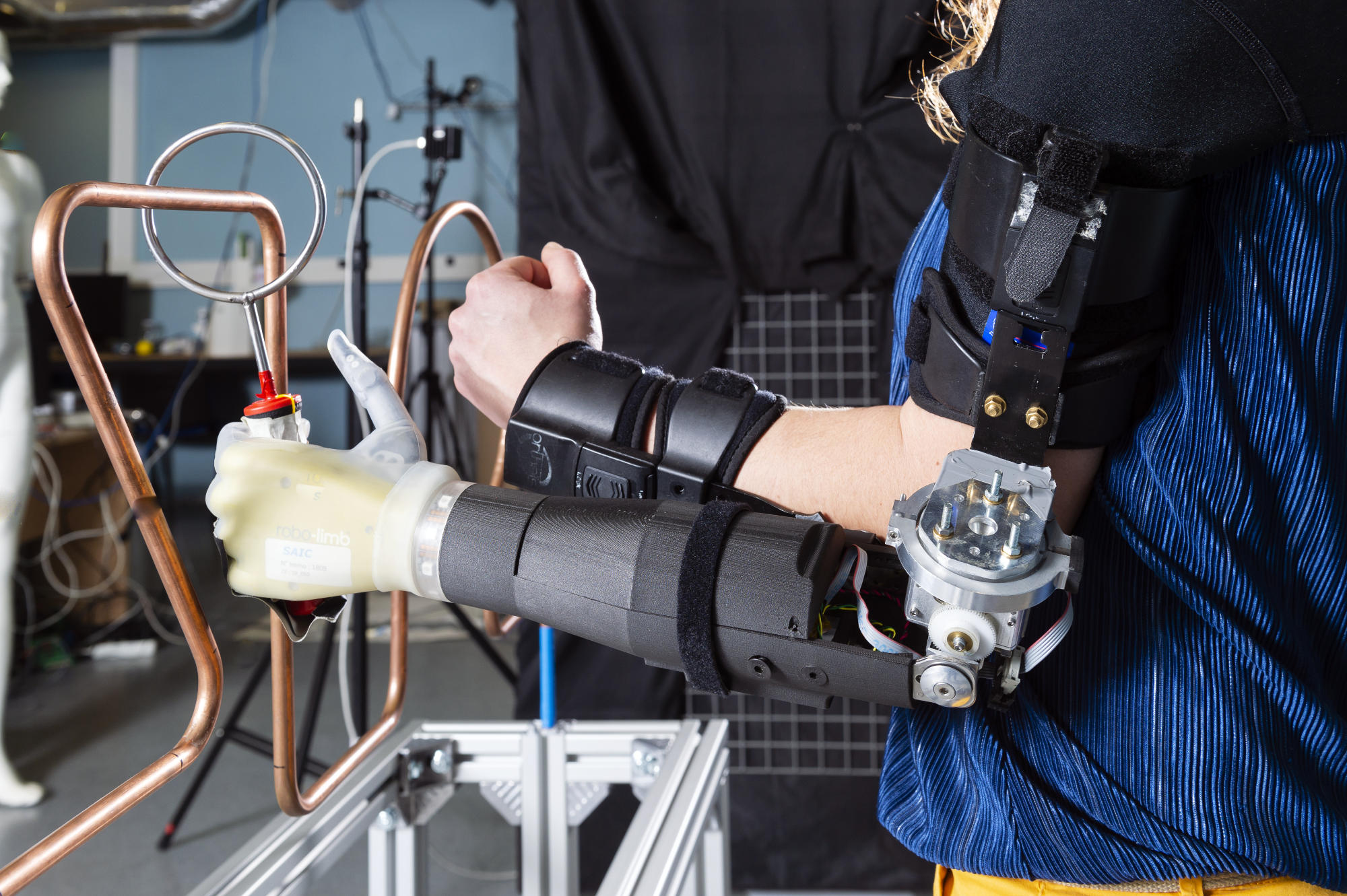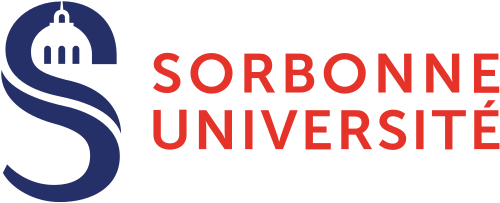The aim of the team’s research is to study the collaboration between a human and a robotic and/or intelligent device, enabling a task to be carried out jointly. The aim is above all to make sensorimotor interaction as natural and intuitive as possible. Our approach will be based on modeling and predicting human behavior (motor control, perception, intention, semantics, etc.) to develop effective sensorimotor interactions.
Scientific problems
– Development of sensory-motor models: psychometric, motor control, statistical, eurological, geometric, postural;
– Interface development (sensory-motor loops): Vision, haptic dexterity, posture/vestibular ;
– Human-centered methodologies: Co-design, co-opetition, multidisciplinary approach (SHS, STS).

Scientific scope
Objective: Synergistic, intuitive, natural sensory-motor collaboration and interaction in the human variety.
Integrating human diversity:
– General: large cohorts, repeatability ;
– Specific: small cohorts, specialty (job, activity, evolution);
– Particular: individual, double numeric.
Challenges:
– Sensory-motor modeling using active perception;
– Interactive and predictive assistance;
– Participatory research.
Scientific contact: Ludovic Saint-Bauzel, IRIS team manager



